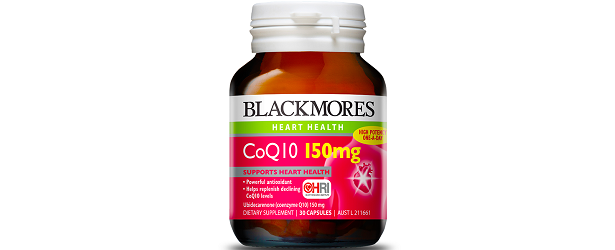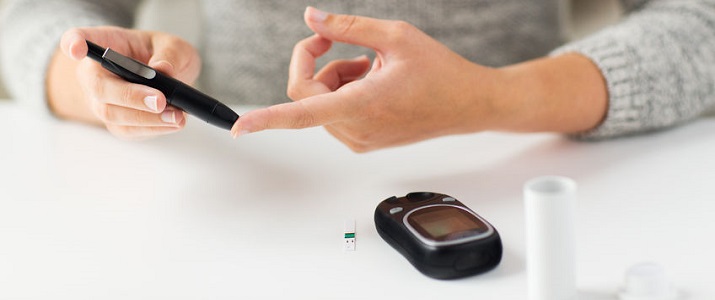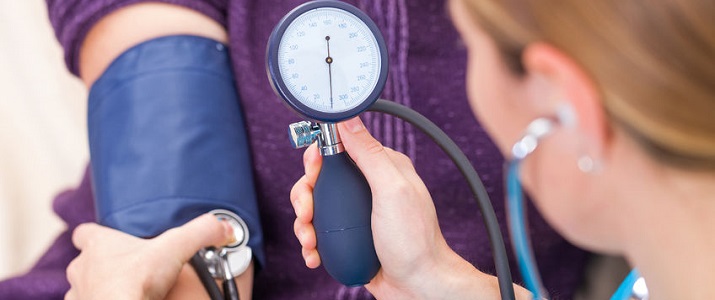
CoQ10 For Heart Health
CoQ10, also known as Coenzyme Q10, is found in every cell of the body. Your body produces it naturally but as you age, your body slows down its production. CoQ10 resides in the mitochondria which is the part of the cell that is responsible for energy production. One of CoQ10’s primary functions is to convert food into energy and protect cells against oxidative stress. It is ranked as one of the best selling supplements on the market, raking in nearly 900 million dollars annually. The reason for its popularity is because CoQ10 has been linked to having the ability to treat Parkinson’s disease, Alzheimer’s, brain health and cancer. Although one of the main reasons for its popularity is because of its link to increased heart health. This article is going to take a closer look at the various benefits CoQ10 has for heart health and how to derive from its maximum benefits.
Different Types of CoQ10
There are two types of CoQ10, ubiquinone, and ubiquinol. The antioxidant form of CoQ10 is ubiquinol that is made in the body from ubiquinone. Ubiquinone is the less potent type but is more cost-effective so most over the counter supplements contain ubiquinone as opposed to ubiquinol. Research has linked low blood levels of CoQ10 with lowered levels of good cholesterol that protects the heart from and can subsequently increase the risk for heart disease.
Cardiovascular Disease
Studies have found that supplementing CoQ10 can increase levels of HDL-C and ApoA1 levels which can even be beneficial for people taking statins to protect against cardiovascular disease. HDL-C is a type of good cholesterol which removes bad cholesterol from places it can cause damage. ApoA1 is a component of HDL. It attaches itself to cell membrane and promotes the movement of cholesterol to the outer surfaces of the cell. CoQ10 can also lower levels of inflammatory biomarkers that have been shown to be a risk factor for cardiovascular disease. Low levels of CoQ10 have been linked to tissue damage to the heart during a heart attack.
Muscle Symptoms related to Statin
Statins are a type of medication that is taken for heart health but studies have verified that taking high doses of statins can cause diabetes. Statins work by preventing the process of producing cholesterol molecules which in turn block the precursor of CoQ10. Supplementing with CoQ10 can help people on statins to maintain healthy levels of CoQ10 which can prevent developing diabetes.
After a Heart Attack
Studies have found that taking CoQ10 within 72 hours from experiencing a heart attack and continuing supplementation for a year after can significantly decrease the chances of suffering a subsequent heart attack.
If you are at risk of developing heart disease, maintaining heart health with a CoQ10 is an important option to discuss with your doctor. While you can get CoQ10 through your diet with foods like organ meats and lentils, it may be best to ensure that you are getting the effective amounts through a supplement.
TOP 5
COQ10Treatments |
|||||
| CoQ10 Pure | Nature Made CoQ10 | Piping Rock Absorbable CoQ10 | Source Naturals CoQ10 | Natural Factors Coenzyme Q10 | |
|---|---|---|---|---|---|
| 1 | 2 | 3 | 4 | 5 | |
| Price (1 bottle) Price (6 bottles)best value |
$49.95 $139.70 |
$30.49 $182.94 |
$25.49 $139.77 |
$28.45 $170.70 |
$49.99 $299.94 |
| Overall Rating | 99.50% | 90.20% | 89% | 87.89% | 87% |
| Effectiveness |





|





|





|





|





|
| Speed of Results | Extremely Fast | Good | Average | Slow | Slow |
| Quality of Ingredients | Premium | Good | Good | Average | Average |
| Customer Satisfaction Evaluation | 99.40% | 92% | 89.78% | 88.23% | 87% |
| Safety Evaluation | Safe for Use | Safe for Use | Safe for Use | Safe for Use | Safe for Use |
| Customer Service Rating |





|





|





|





|





|
| Reorder Rate | Highest | Good | Good | Average | Average |
| Return Policy | Risk Free | Risk Free | Risk Free | No | No |
| Success Rate | 99.40% | 78% | 78.50% | 74.20% | 60% |

 Subscribe Now
Subscribe Now











